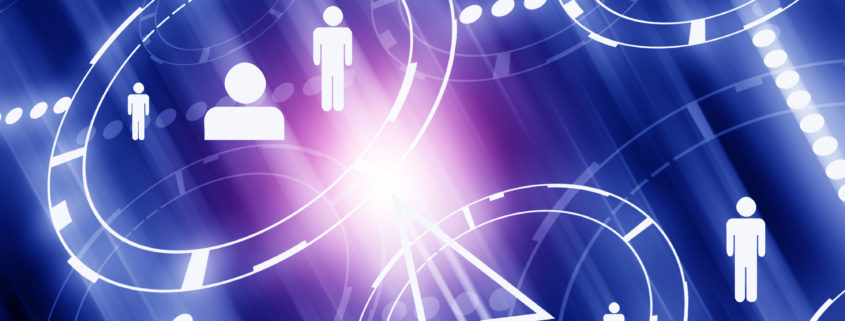Officially, the birth of social media can be traced back to a site called Six Degrees, which was founded in 1997. From there, sites like LiveJournal, MySpace, and eventually Facebook became our primary means of keeping in touch with the friends, family, and celebs we cared about. But now, social media has become more than a digital pastime. For many, it’s their preferred method of receiving breaking news. And more disturbingly, it’s their online echo chamber to help reinforce their beliefs and opinions. Perhaps this is most problematic concerning the discussion of race.
In February, the New York Daily News published an investigative report about the ways in which social media has become a catalyst for racism. The piece cited several examples in which online commenters launched racist attacks on Barack and Michelle Obama, based solely on their skin tone and ethnic background. These commenters found validation in likes and additional comments from others who shared their views.
And this extends beyond politics. Last July, comedian and SNL star Leslie Jones was targeted by Twitter trolls who threatened her, launched racist insults at her, and even sent her sexually explicit messages. She briefly left the social media network until Twitter officials took action. The situation showed that no one was immune to online abuse, and that our social media channels have only helped proliferate these instances of race-based harassment.
Why is this happening? Some might argue that it’s sign of the times—that the highly divisive and politically turbulent era we’re currently experiencing is to blame. To some extent, this is true. As we’ve seen with recent events in Charlottesville, Virginia and numerous white nationalist marches across the country, there is a sect of the American population that feels emboldened by the current administration. Yet still, it goes deeper.
Online, people can hurl insults, spew hateful rhetoric, and even threaten other users without fear of consequence. The tormentors aren’t dealing with their victims face to face. This impersonal interaction style removes any feeling of responsibility. The thin veil of an anonymous social media account allows trolls and online bullies a sense of security. At best, their accounts will be suspended or banned. But they can always create a new one or move to a different network. Social media fosters an environment for polarizing discussions on race because there’s little evidence of punishment or backlash when those conversations veer into offensive territory.
Even outside of the racism taking place on these platforms, there’s an invisible segregation. For example, think of Black Twitter. It’s a term often used to describe the portion of Twitter’s users that frequently discuss political and cultural issues mainly concerning the black community. It’s a designation that many users are proud of. But why must we assign a separate term to this user base? Furthermore, according to Pew Research Center, black social media users are three times as likely to share or see posts about race. But white users are three times less likely to see race-related posts. There are two wildly different conversations taking place on social media, and there’s little being done to bring users together.
We need social media—there’s no doubt about that. It’s an incredibly powerful tool that we can all use to amplify our messages. But, if we don’t find a way to unify our digital experiences and inject them with positivity, the lack of diversity we fear in our professional lives and our entertainment could grab hold of our social media experiences too.





Leave a Reply
Want to join the discussion?Feel free to contribute!